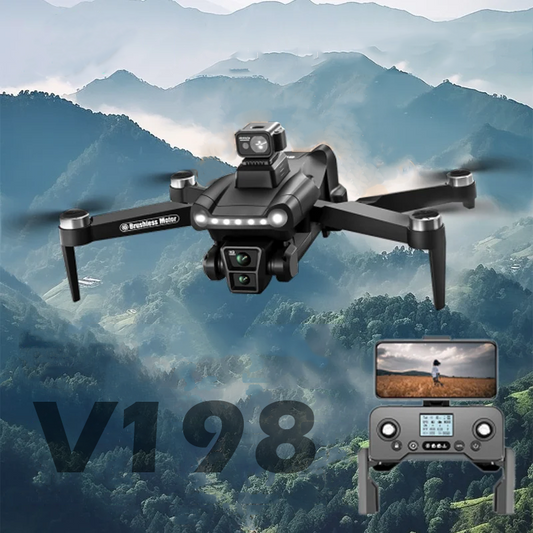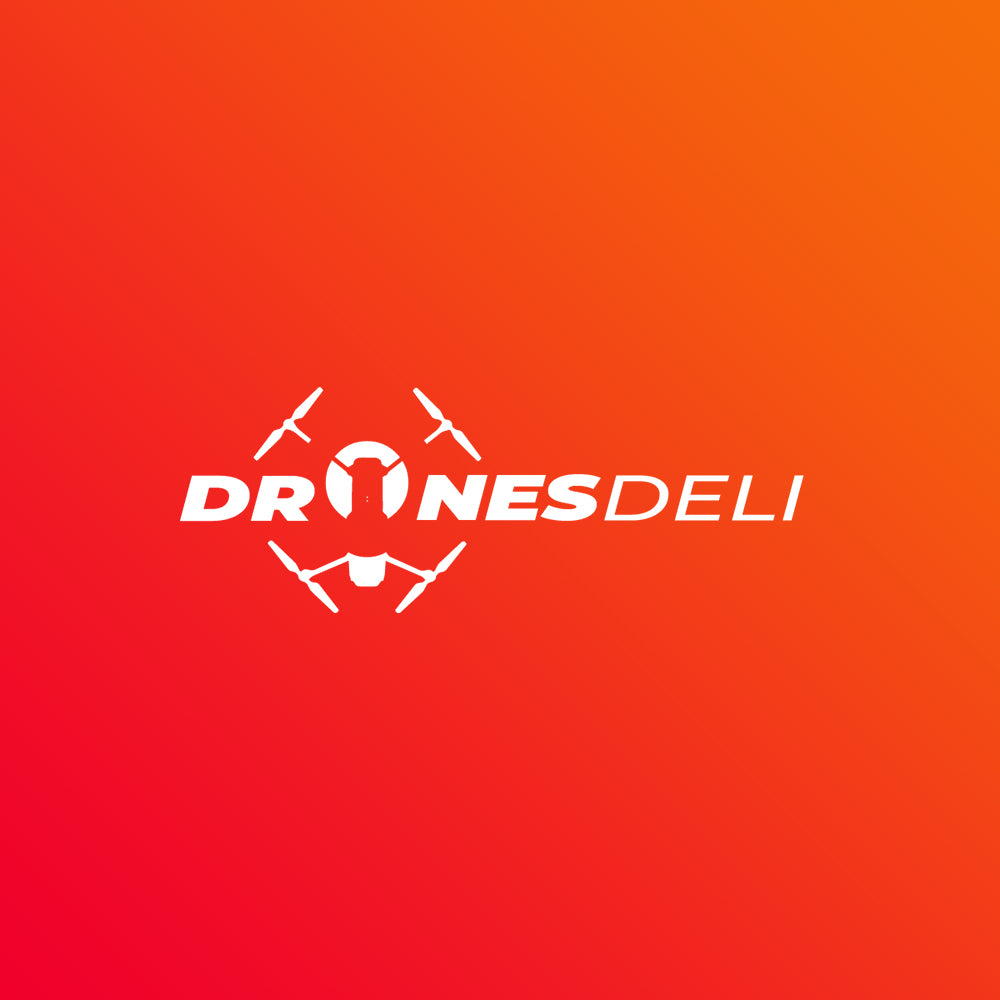How Drones are Enhancing the Efficiency of Solar Farms

In the realm of renewable energy, solar power stands out as a beacon of sustainability and innovation. With advancements in technology, the efficiency of solar farms has become a focal point for researchers and industry leaders alike. One such technological innovation making waves in the solar energy sector is the utilization of drones. These unmanned aerial vehicles are revolutionizing the way solar farms operate, offering improved efficiency, enhanced maintenance practices, and cost-effective solutions. Let's delve into how drones are reshaping the landscape of solar energy and driving forward the sustainability agenda.
1.Precision Inspection and Monitoring

One of the primary advantages of drones in solar farms is their ability to conduct precise inspections and monitoring. Traditionally, inspecting solar panels for defects or damage required manual labor and significant time investment. However, drones equipped with high-resolution cameras and sensors can efficiently scan vast areas of solar panels in a fraction of the time it takes for human inspection.
These aerial inspections provide detailed insights into the condition of solar panels, identifying potential issues such as cracks, hot spots, or debris accumulation. By detecting problems early on, solar farm operators can address maintenance issues promptly, minimizing downtime and maximizing energy production.
2.Enhanced Maintenance Practices:

Drones play a pivotal role in enhancing maintenance practices within solar farms. Beyond visual inspections, drones equipped with thermal imaging technology can detect temperature variations across solar panels. This capability enables early detection of malfunctioning panels or electrical components, allowing for proactive maintenance measures to be implemented.
Moreover, drones can also facilitate cleaning operations within solar farms. Dust, dirt, and debris accumulation on solar panels can significantly reduce their efficiency. By deploying drones equipped with cleaning mechanisms, solar farm operators can efficiently remove these contaminants without the need for manual labor or specialized equipment, thus optimizing energy output.
3.Data-driven Decision Making:

The data collected by drones during inspections and monitoring activities provide valuable insights for solar farm operators. Through image analysis and data processing algorithms, drones generate actionable information regarding the performance and condition of solar panels.
By leveraging this data, operators can make informed decisions regarding maintenance schedules, equipment upgrades, and resource allocation. This data-driven approach enables proactive management of solar farms, resulting in improved efficiency and reduced operational costs over the long term.
4.Environmental Benefits:

In addition to enhancing operational efficiency, the use of drones in solar farms offers significant environmental benefits. By streamlining maintenance practices and reducing the need for manual labor, drones help minimize the carbon footprint associated with solar farm operations.
Furthermore, by optimizing energy production through timely inspections and maintenance, drones contribute to the overall sustainability of solar energy. As the world strives to transition towards cleaner and more sustainable energy sources, the environmental advantages offered by drones in solar farms are increasingly valuable.
5.Cost-effective Solutions:

The adoption of drone technology in solar farms presents cost-effective solutions for operators. While the initial investment in drones and associated equipment may seem significant, the long-term benefits outweigh the costs. By reducing labor expenses, minimizing downtime, and optimizing energy production, drones offer a compelling return on investment for solar farm operators.
Moreover, the scalability of drone technology allows for efficient coverage of large solar farm areas, further enhancing cost-effectiveness. As drone technology continues to evolve and become more accessible, the economic advantages of integrating drones into solar farm operations will become even more pronounced.
In conclusion, drones are playing a transformative role in enhancing the efficiency of solar farms. From precision inspections and enhanced maintenance practices to data-driven decision-making and environmental benefits, drones offer a multitude of advantages for the solar energy sector. As technology continues to evolve, the integration of drones into solar farm operations will become increasingly commonplace, driving forward the sustainability agenda and accelerating the transition towards a cleaner, greener future.
Explore a variety of drones at our online drone store.
Happy Flying!











